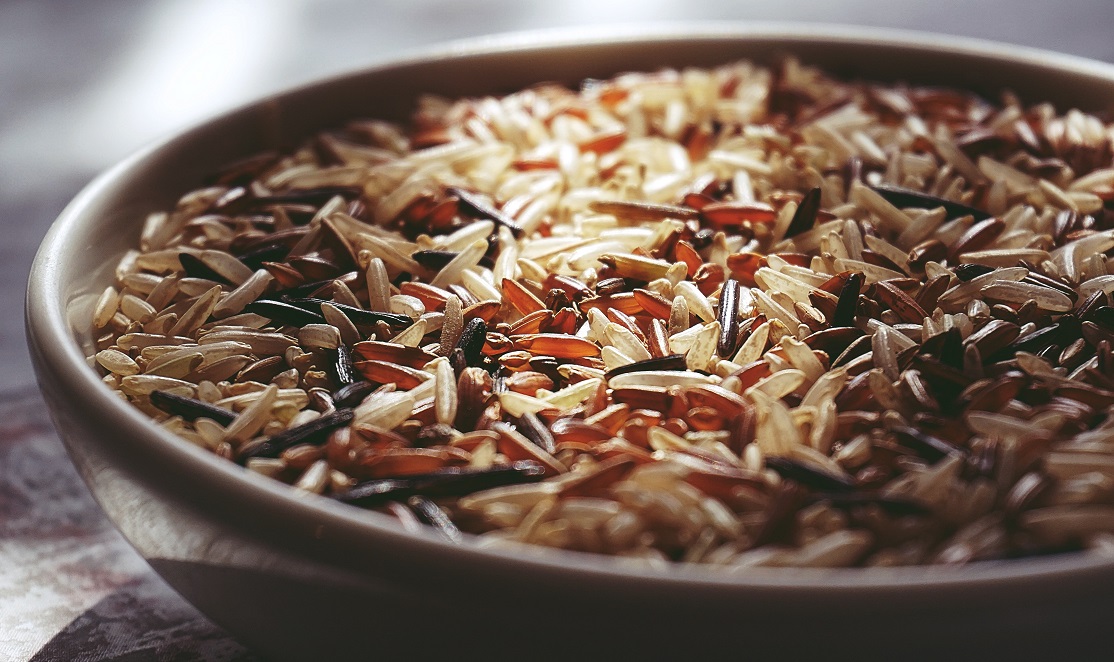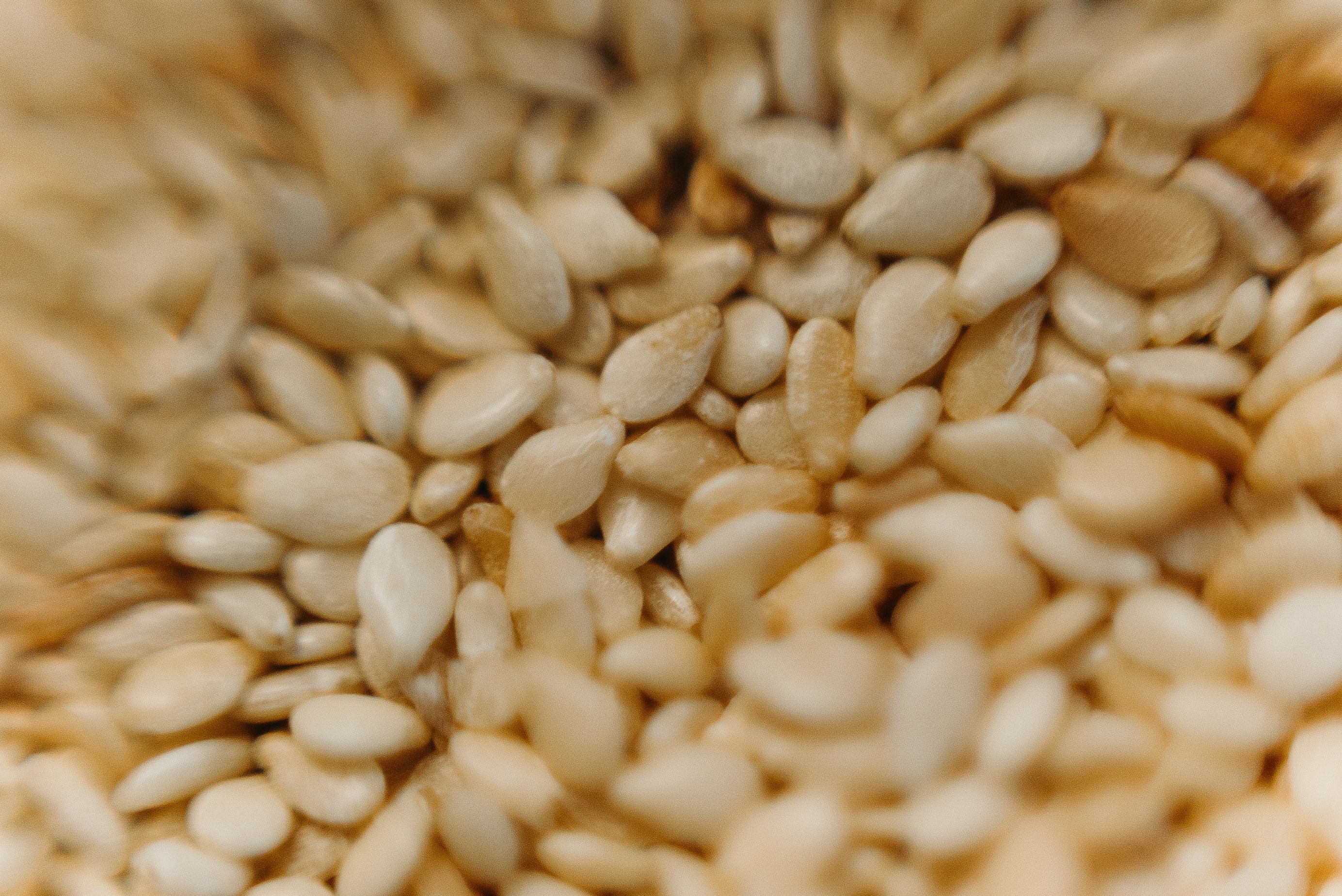Grains may not be as healthy as people think.
The results of a recent study were unveiled at the American College of Cardiology (ACC) Middle East 2022 Together with the 13th Emirates Cardiac Society Congress, in Dubai, United Arab Emirates which shows a higher consumption of refined grains is associated with a larger chance of developing poor heart health. However, whole grains, such as oatmeal, brown rice, and whole wheat bread help to promote a healthy heart.
This was the first study of this kind that examined the relationship between premature coronary artery disease (PCAD) in the Iranian population and taking in grains as a part of a daily diet. Researchers surveyed 2,099 participants with PCAD from hospitals with catheterization labs in different cities and ethnicities throughout Iran who underwent coronary angiography. PCAD is defined as the atherosclerotic narrowing of coronary arteries in males under 55 years of age or in females under 65 years of age. Risk factors include smoking, high blood pressure, diabetes, and high cholesterol.
The study examined what the “whole” designation means in whole grains. Researchers wanted to find out how much it mattered. They found that it makes a huge difference when it comes to your heart’s health. Whole grains are described as, “containing the entire grain,” whereas refined grains are milled, ground into flour or meal to improve shelf life, but lose important nutrients in the process.

Those surveyed were questioned about their dietary behaviors, focusing on their whole grain and refined grain intake. Mohammad Amin Khajavi Gaskarei, MD, of the Isfahan Cardiovascular Research Center and Cardiovascular Research Institute at Isfahan University of Medical Sciences in Isfahan, Iran, and the study’s lead author, said, “A diet that includes consuming a high amount of unhealthy and refined grains can be considered similar to consuming a diet containing a lot of unhealthy sugars and oils.” Dr. Gaskarei said that there are many reasons as to why people are consuming more refined grains today which are tied in with the economy, income, and culture.
The healthy part of whole grains is the soluble fiber, according to Amanda Kostro Miller, R.D., registered dietician, and medical reviewer at Botanical Institute. Whole grains have been found to potentially lower cholesterol, which will in turn lower the risk for stroke and heart disease. Miller also noted that the bran in whole grains contains minerals and many B vitamins that can also elevate heart health. Recent research supports this claim and found that the relationship between taking vitamins B6 and B9 (folate) and a lower risk of death from stroke, heart failure, and coronary heart disease.
The American Heart Association also recommends that people choose whole grains and products that contain at least 51% whole versus refined grains. An example of this would be one slice of 100% whole wheat bread, one cup ready-to-eat whole grain cereal, or five whole-grain crackers, as part of an overall healthy diet. In addition, the AHA also recommends adding magnesium, iron, and selenium into one’s diet.
According to Miller, choosing whole grains will help a person feel fuller longer and lower the risk of diabetes. So, by adding in healthy whole grains into daily meals, not only does this promote heart health but it improves one’s overall mental and physical health.
Sources:
Whole Grains and Heart Health: Study Says Better Than Refined
Whole grains: hearty options for a healthy diet
Which grains you eat can impact your risk of getting heart disease earlier
Whole Grains, Refined Grains, and Dietary Fiber
Dietary Folate and Vitamin B6 and B12 Intake in Relation to Mortality From Cardiovascular Diseases
Whole Grain Consumption Associated With Reduced Risk of Premature Coronary Artery Disease


Join the conversation!